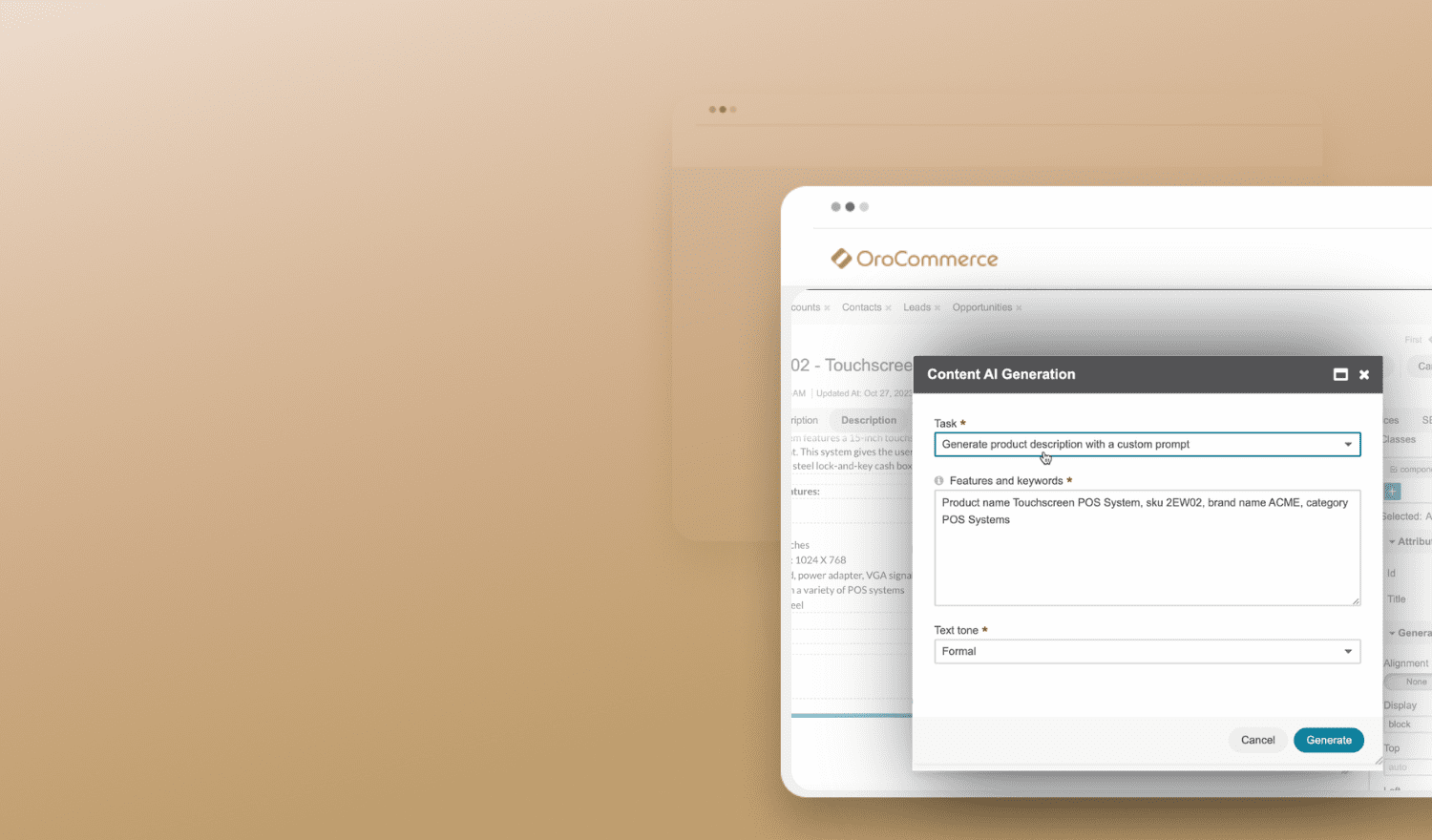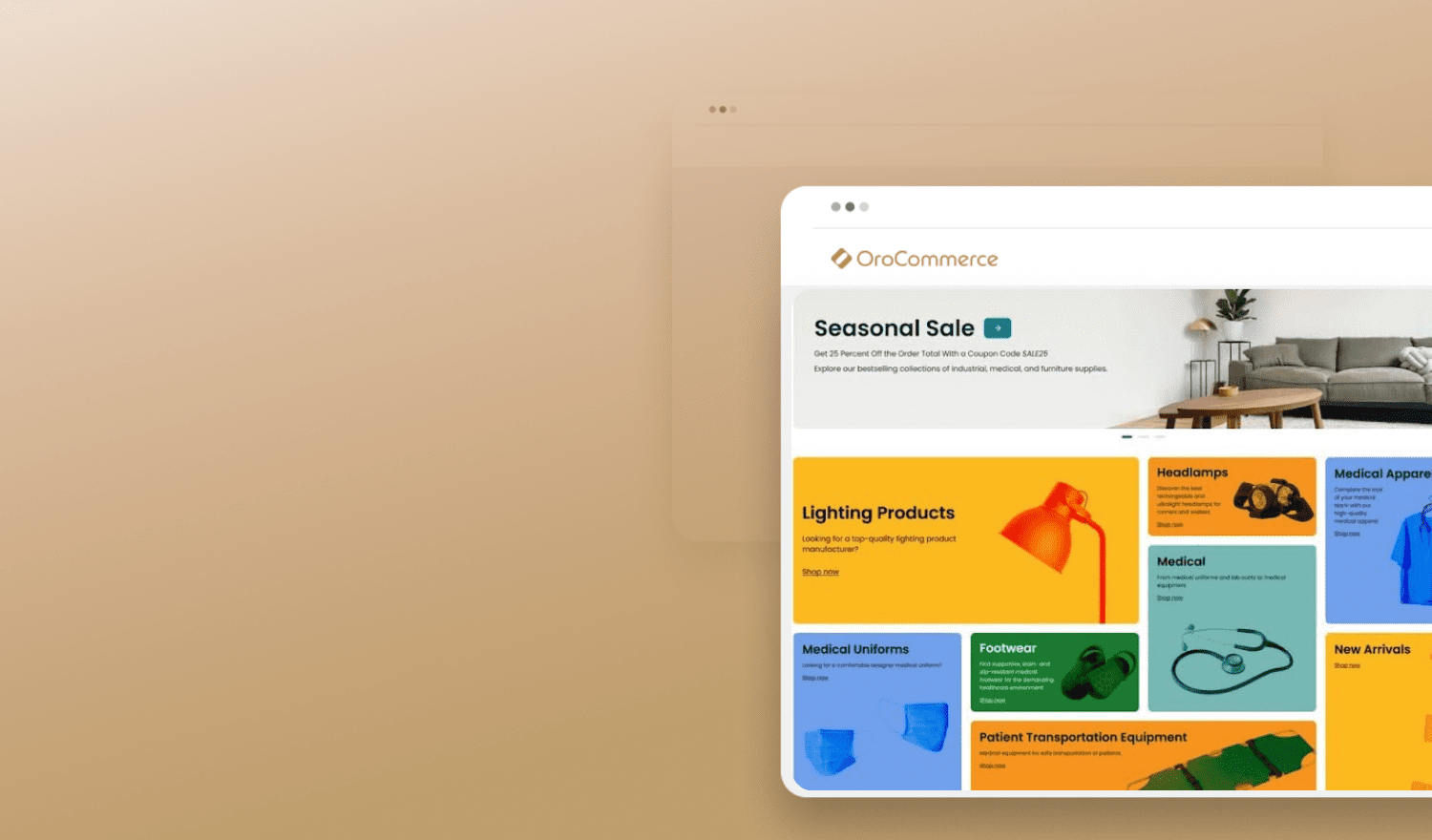Although they still face challenges, electronic payments are growing within the online B2B world. With close to 90 percent of B2B companies anticipating the fall of the paper check in favor of faster, more advanced online payments, there may soon be over six trillion dollars being transferred electronically between buyers and suppliers around the world. It should come as no surprise, then, that quite a few services have popped up promising to make online B2B payment methods faster, easier, and more secure.
Aside from simply convincing companies to break old habits and begin transferring their payment and invoicing systems to an electronic format, these services face a whole host of obstacles that they must overcome. For example, while modern commerce demands increasingly high levels of flexibility and responsiveness, the aggressive expansion and distribution of supply chains has made it more difficult to complete transactions on time. Therefore, in order to be successful, an online payment gateway must first address some of today’s most vexing B2B e-payment challenges:
1. Handling multiple B2B payment options, including checks
The best e-commerce portals will make payment as easy as possible for their customers. While having the ability to handle standard credit cards and ACH payments is a given, a good online payment service should also be able to accommodate corporate and purchasing cards (or P-Cards), as well as their attendant needs.
P-Cards are becoming increasingly central to online B2B transactions, especially as more businesses continue to move away from paper. However, because B2B purchases are typically larger and more frequent than consumer credit card purchases, businesses are also looking for ways to qualify for the lowest possible Interchange rate, or the fee card-issuers charge to process a transaction. To do this, the buyer must be able to enter in detailed data about their purchase, such as product codes, descriptions, and tax amounts, so that they will meet Level 3 Interchange requirements, which offer the best possible rates.
Of course, online payment services must also be able to process other B2B payment methods, such as paper checks. Although fewer business than ever are using them (as we have previously documented), they are still integral to the B2B world. Furthermore, certain industries, such as medical and legal, still prefer checks over other forms of payment.
2. Credit lines and discounts
It has become standard for B2B sellers to offer their buyers credit and volume-level pricing, among other discounts, and these expectations have carried over into their e-commerce stores. As such, online B2B payment services, unlike their B2C counterparts, cannot require customers to simply enter in their payment information when they are done shopping. Instead, it should have the capability of saving order information and only sending out invoices as needed, even if it is several months afterward.
In addition this functionality, the payment service will need to be able to automatically track down payments, send out reminders, check customer credit, and, in some cases, retroactively apply discounts to customer orders. All of this will give the B2B customer the experience they are used to, along with the speed and convenience of an online store.
3. Purchasing approval
In B2B transactions, it has also become common for multiple buyers to be involved in an order. As a basic example, one employee may be in charge of placing the order, but will then have to somehow send that information to another employee who has the authorization to pay. In more complicated arrangements, a seller may need to take orders from multiple departments within a single company, each of which is using a different form of payment. Both of these situations can easily delay the payment process and, even worse, lead to cart abandonment.
To prevent this, a successful online payment system should be able to track and save orders, as well as give customers the ability to securely send them across departments for payment approval.
4. Security
Finally, data security remains an incredibly important concern when it comes to online payments. Especially in B2B e-commerce, where transactions are made frequently and any breaches could result in the loss of sensitive data from both the buyer and seller, it is paramount that payment systems stay safe and secure. They can do this by utilizing a tokenization solution, in which sensitive payment data is encrypted and replaced with a token, and is stored in a database safely away from the online store. Tokenization has the added the advantage of letting customers one-click order without having to enter their payment data in each time.
While these challenges remain significant, several online payment services are offering interesting solutions worth considering:
1. Traxpay
One of the newest B2B payment systems, Traxpay has an array of different features, most notably of which is its dynamic payments platform. Using it, businesses can split, reroute, cancel, discount, and otherwise alter transactions in a number of different ways in order to account for a variety of factors. Additionally, payments can be made instantly in a variety of forms, and sent over a platform that is bank and data agnostic.
2. Ariba
Ariba, a subsidiary of SAP, was already an established brand in the invoice information industry when they collaborated with Discover to launch AribaPay. By utilizing Discover’s B2B payment processing platform, AribaPay allows businesses to pay invoices electronically without having to store any critical banking information. All this is done through tokenization, making for one of the most secure payment systems available.
3. Basware
Although similar to AribaPay, Basware Pay instead uses the MasterCard B2B payment processing platform. However, the system also allows for individual transaction profiling and tracking in an effort to reduce late payments and help businesses better manage their cash flow. Furthermore, it comes with an early payment program that uses a discount system to make it more lucrative for buyers to settle invoices early.
4. Apruve
Also a new product, Apruve has shown particular promise due to how well it handles numerous forms of payment. Additionally, it uses a turnkey corporate account management solution in order to streamline complicated accounts receivable processes, such as payments from multiple people and/or departments within a single company. With its automated electronic invoicing system and cash flow monitoring tools, this is one to look out for.
Are there any additional B2B payment processing solutions that we didn’t address? Join the conversation and let us know what you think!




